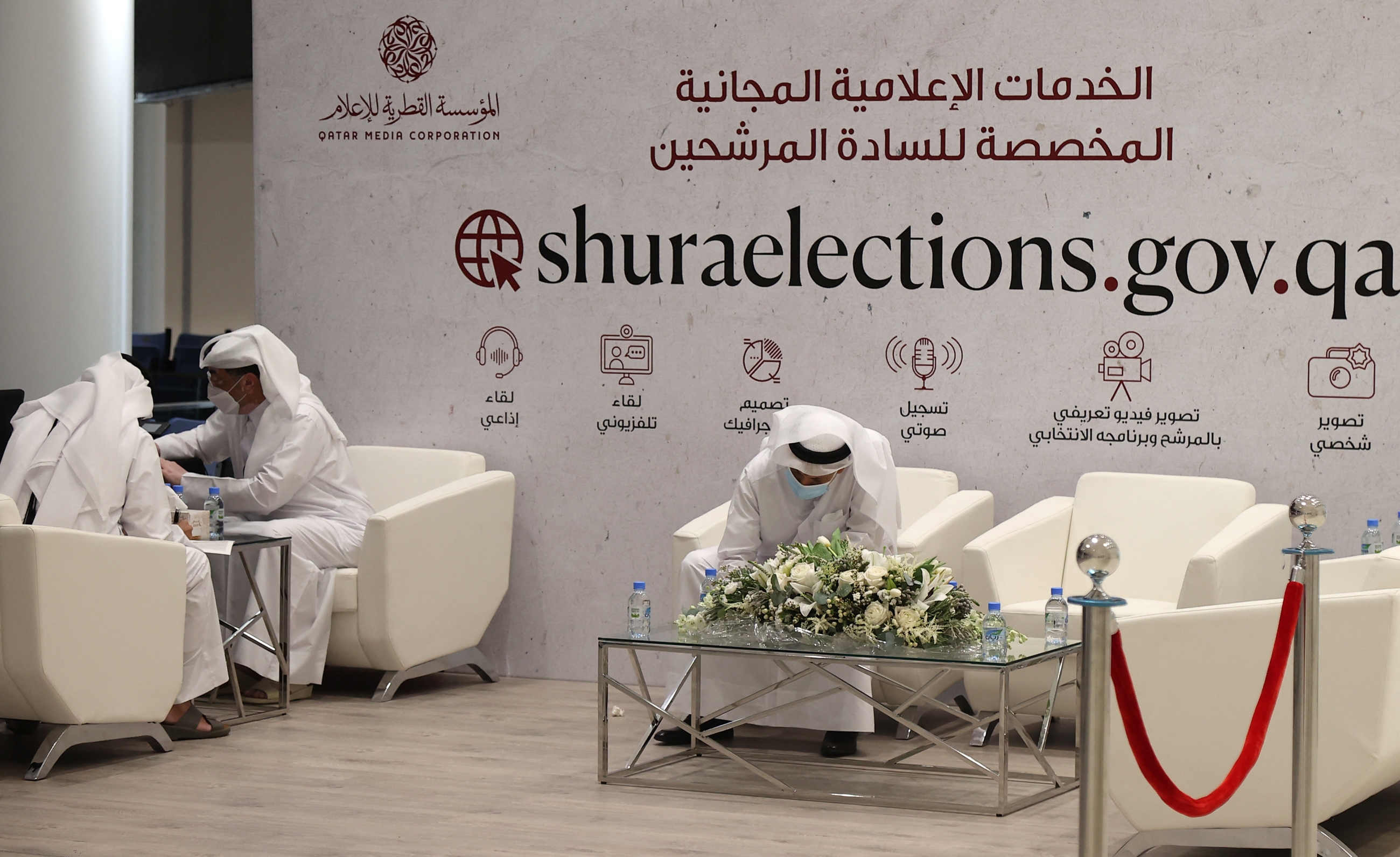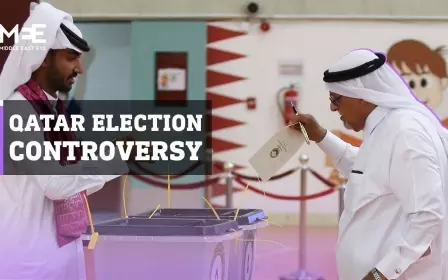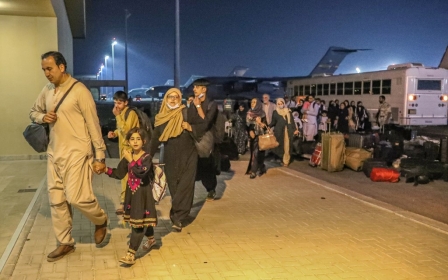Qatar's ‘discriminatory’ laws exclude thousands from voting or running in elections

Qatar's new electoral laws are discriminatory and will disenfranchise thousands from voting or running in the upcoming legislative elections, a new report from Human Rights Watch (HRW) has warned.
The laws - approved in July this year to help regulate Qatar's first national elections in October - state that only citizens who are originally Qatari or can prove their grandfathers were born in Qatar can vote in districts using their permanent address.
'The new laws have only reminded Qataris that they are not all equal'
-Adam Coogle, Human Rights Watch
No other naturalised citizens can vote. They are also not eligible to run for office or be appointed to legislative bodies.
Previously approved laws, such as Qatar’s 2005 nationality law, also bar "nautralised" - as opposed to "native" - people from running as candidates.
The HRW report, published on Thursday, said the new laws expose the country’s discriminatory citizenship and nationality rules.
New MEE newsletter: Jerusalem Dispatch
Sign up to get the latest insights and analysis on Israel-Palestine, alongside Turkey Unpacked and other MEE newsletters
The human rights organisation's deputy Middle East Director, Adam Coogle, said the laws were part of half-hearted ongoing reforms in the Gulf state.
“Qatar’s attempt to establish citizen participation in government could have been a moment to celebrate, but it has been tarnished by denying many Qataris their full citizenship rights and repressing critics of arbitrary voter disenfranchisement,” Coogle said.
“The new laws have only reminded Qataris that they are not all equal.”
HRW has called for amendments to be made to the 2005 nationality law and to allow all Qatari citizens their full rights.
“The children of naturalised citizens retain this second-tier status, regardless of where they were born, perpetuating the lack of full citizenship rights through generations,” the report stated.
Local tribes excluded
Qatar's emir announced in late 2020 that the Gulf state would hold an unprecedented election for its advisory Shura council in October 2021, after years of delays.
The vote will be for 30 of the 45 members of the council. Sheikh Tamim bin Hamad al-Thani will appoint the remaining 15 members.
October's vote will be Qatar's first national election, although Qataris have previously been able to cast ballots on constitutional reforms and in elections for a nationwide municipal council.
However, the new electoral laws have alarmed members of a marginalised tribe, al-Murrah, who fear being excluded from the upcoming elections. Members of the tribe have staged protests and posted a series of videos about their concerns.
The law states that candidates must be at least 30-years old and be of Qatari origin, a rule that the tribe says shuts them out of the electoral process.
Qatari authorities have accused those who spoke up on social media on the issue of "spreading fake news" and "inciting racial and tribal strife", and referred them to the public prosecution.
According to HRW, earlier this week Qatar’s interior ministry issued a statement on Twitter saying that Qatari authorities will not hesitate in taking legal action against anyone who tries to undermine social unity and cohesion.
Members of the Murrah tribe live across the Gulf, with most residing in Qatar and Saudi Arabia. The tribesmen have had a fraught relationship with Doha.
Members of the tribe were accused of supporting the failed coup attempt in 1996 against then-emir Hamad al-Thani, Sheikh Tamim's father.
Some tribe members have had their Qatari citizenship revoked, leaving families from the Ghufran clan of the al-Murrah stateless and without access to education, employment and healthcare. In 2005, Qatar's former foreign minister denied that this was done to punish the tribe.
Middle East Eye delivers independent and unrivalled coverage and analysis of the Middle East, North Africa and beyond. To learn more about republishing this content and the associated fees, please fill out this form. More about MEE can be found here.





